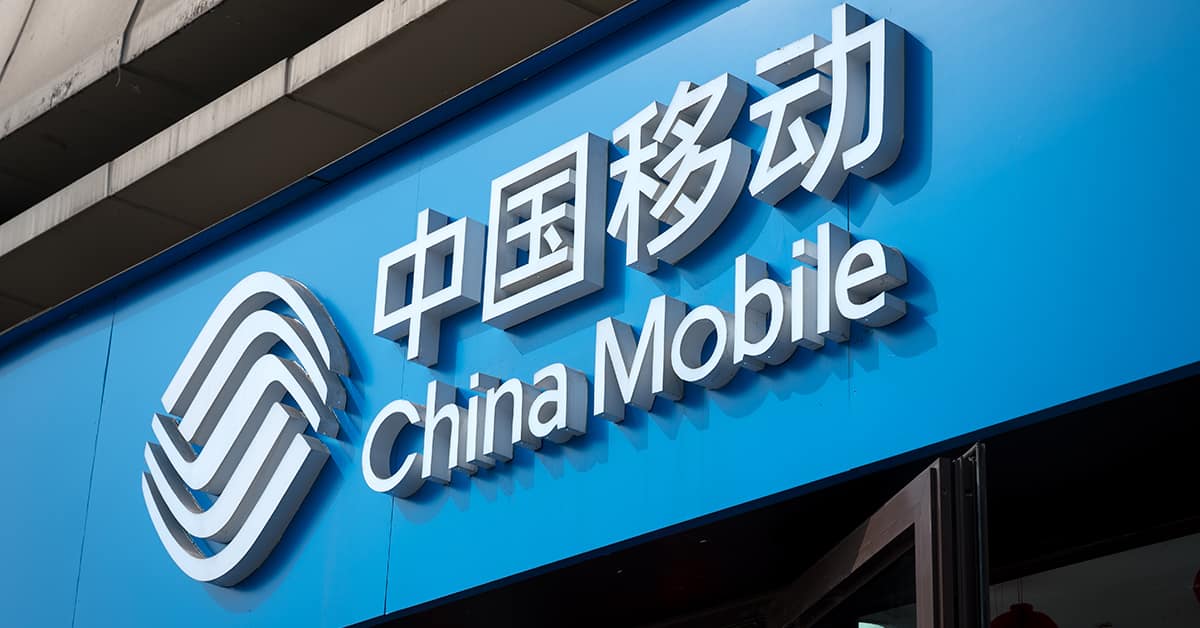The delisting follows a series of executive orders targeting Chinese technology companies as national security risks.

In early January, the New York Stock Exchange (NYSE) announced that it was suspending trading of shares of three NYSE-listed Chinese telecom companies. China Mobile, China Telecommunications and China United Telecommunications Group Co. are listed mainly on Chinese exchanges but have been raising capital in the US market in recent years.
The Big Board’s decision follows then-President Donald Trump’s executive order last November banning ownership or trading of designated companies with ties to the Chinese military. Washington singled out 31 companies—another 13 were added later—with state ownership and management, including China Mobile, China Telecom and China Unicom.
This delisting follows a series of executive orders targeting Chinese technology companies as national security risks. Chinese companies raised $13.5 billion in US capital markets through 35 initial public offerings (IPOs) in 2020, according to Renaissance Capital; although Rhodium Group finds that Chinese direct investments in the US economy slowed down dramatically under Trump.
In the wake of the NYSE’s decision, the IPO speedup may reverse; and recent Asian listings show that big Chinese tech companies such as Ant Financial prefer to raise capital on closer-to-home exchanges such as Hong Kong and Shanghai.
The three delisted companies appealed the decision, and the NYSE’s internal rules require 25 days before scheduling a review. Shareholders ware required to divest their holdings by Nov. 11, however; so institutional and retail investors are already starting to adjust their portfolios.
While the administration of new US President Joe Biden has already reversed several executive orders signed by Trump, the rhetoric on China-related matters from Biden and his leadership team does not project an immediate change of policy on Chinese tech and US capital markets, which is in line with the prevailing view in the US Congress.
Listed companies are not the only ones impacted by the US clampdown. Fast-growing companies around the world that have been raising capital in China or have pondered doing so now must consider divestment if they want a shot at listing in the US.
For instance, 54 Israeli tech companies raised $5.7 billion from Chinese investors between 2011 and 2018, according to the Rand Corporation; but the pace is declining, and last year Washington officially warned Israeli companies against selling shares in China.



